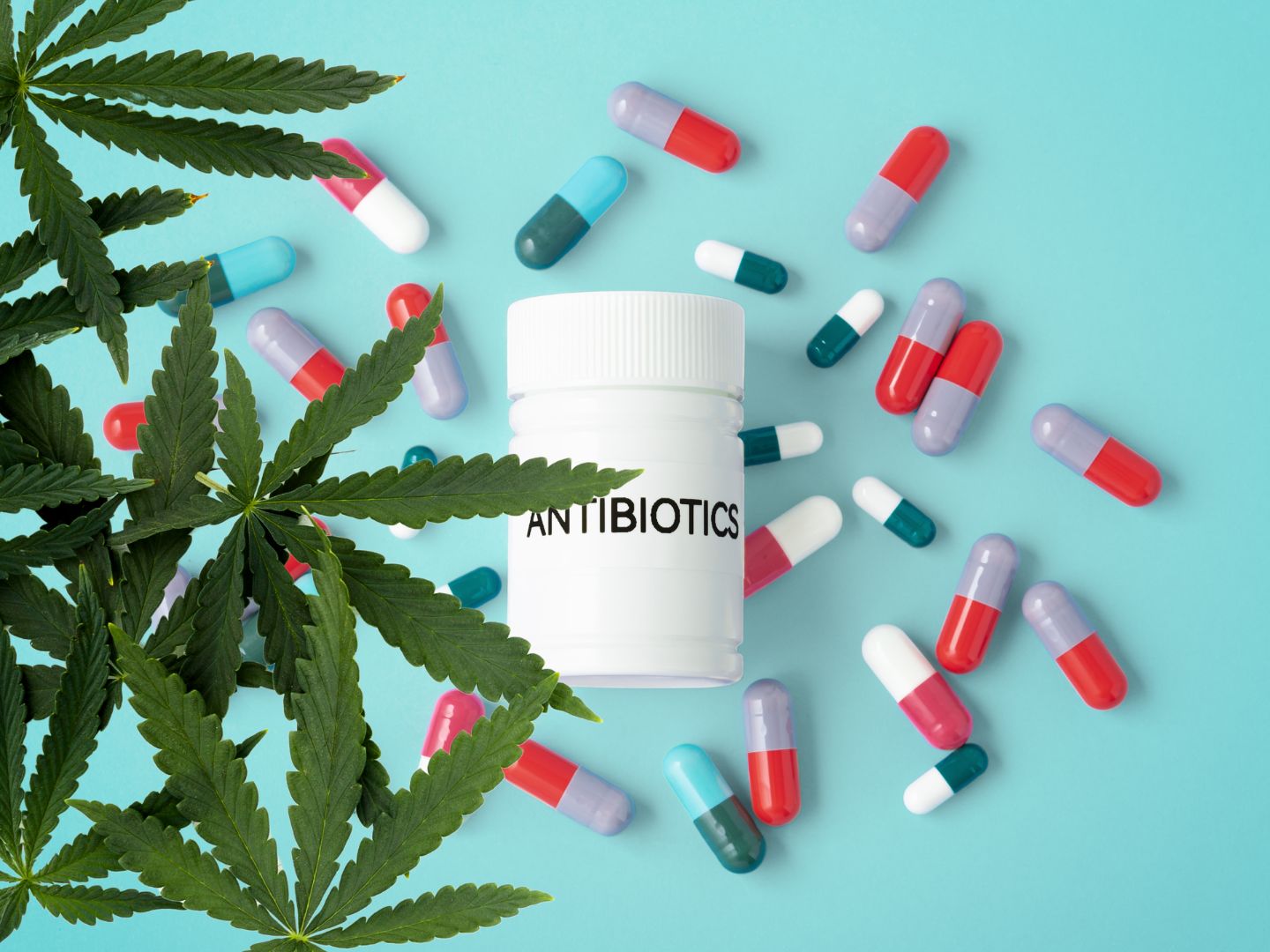
As cannabis continues to gain traction for its medicinal benefits, patients and healthcare providers are increasingly curious about how it interacts with other medications, particularly antibiotics. Antibiotics are crucial in fighting bacterial infections, and understanding their interaction with cannabis is essential for ensuring safe and effective treatment. So, can cannabis affect antibiotics? Let's delve into the potential interactions, considerations, and what the science says so far.
Understanding Cannabis and Its Components
First, let's get a grasp on what we're dealing with. Cannabis is a complex plant containing over 100 cannabinoids, the most well-known being THC (tetrahydrocannabinol) and CBD (cannabidiol). These cannabinoids interact with the body's endocannabinoid system (ECS), which plays a role in regulating various physiological processes, including pain, mood, and immune response. Given this extensive influence, it's only natural to wonder how cannabis might impact the efficacy of antibiotics.
The Science Behind Cannabis and Antibiotics
The interaction between cannabis and antibiotics isn't thoroughly studied, and the existing research is still in its infancy. However, a few key points can help us navigate this uncharted territory.
Metabolism Matters: The Role of Cytochrome P450 Enzymes
Both cannabis and many antibiotics are metabolized by the liver's cytochrome P450 enzyme system. This group of enzymes is responsible for breaking down various substances in the body. When cannabis and antibiotics are taken together, they may compete for the same enzymes, potentially leading to altered levels of one or both substances in the bloodstream.
For instance, CBD is known to inhibit certain cytochrome P450 enzymes, which could slow down the metabolism of some antibiotics, potentially increasing their effects and side effects. Conversely, some antibiotics might alter the metabolism of THC or CBD, impacting the overall effects of cannabis.
Potential Synergistic Effects: The Antimicrobial Properties of Cannabinoids
Interestingly, cannabinoids themselves have demonstrated some antimicrobial properties in laboratory studies. For example, research has shown that certain cannabinoids, including CBD and CBG (cannabigerol), can inhibit the growth of various bacteria, including antibiotic-resistant strains like MRSA (methicillin-resistant Staphylococcus aureus). While this doesn't necessarily mean that cannabis can replace antibiotics, it suggests a potential for cannabinoids to complement antibiotic treatment in the future.
Real-World Implications and Patient Considerations
So, what does all this mean for patients who use cannabis and are prescribed antibiotics? Here are a few key considerations to keep in mind:
Navigating the Intersection of Cannabis and Antibiotics
While the interaction between cannabis and antibiotics isn't fully understood, existing research highlights the importance of caution and communication. By working closely with healthcare providers, patients can navigate the complexities of using cannabis alongside antibiotics, ensuring that both treatments can be used safely and effectively.
As our understanding of cannabis and its myriad interactions continues to grow, so too will our ability to harness its benefits while minimizing risks. Until then, staying informed and proactive about your health is the best way to ensure that your treatment plan is both safe and effective. So, if you find yourself in need of antibiotics while using cannabis, don't hesitate to have an open conversation with your healthcare provider—it's a crucial step in your journey to better health.
Please note: You are not currently logged in. Only members can contribute comments. If you would like to contribute click the button below.
